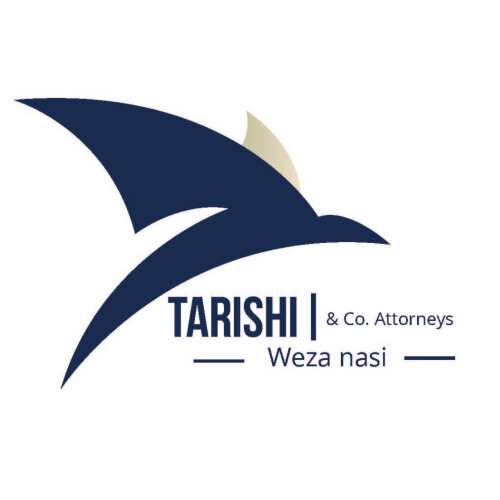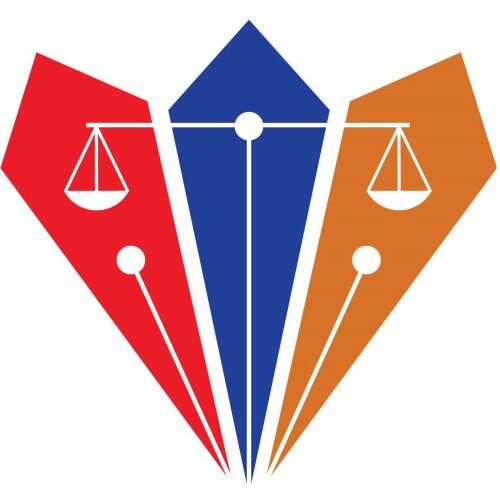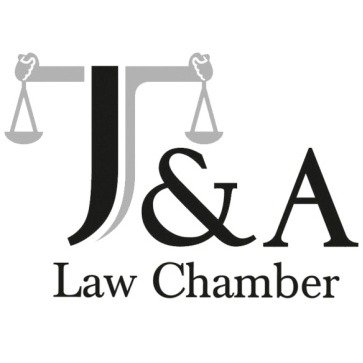Best Nonprofit & Charitable Organizations Lawyers in Tanzania
Share your needs with us, get contacted by law firms.
Free. Takes 2 min.
Or refine your search by selecting a city:
List of the best lawyers in Tanzania
About Nonprofit & Charitable Organizations Law in Tanzania
In Tanzania, nonprofit and charitable organizations play a crucial role in advancing various social, economic, and environmental objectives. These entities are regulated primarily under the Non-Governmental Organizations Act of 2002 (NGO Act) and related laws, which outline the framework for registration, operation, and management. Nonprofits in Tanzania include a range of entities such as community-based organizations, trusts, foundations, and international NGOs, all aimed at addressing community needs and supporting development initiatives. Legal requirements ensure these organizations operate transparently, accountably, and in alignment with national policies.
Why You May Need a Lawyer
There are several reasons individuals or groups may require legal assistance when dealing with nonprofit and charitable organizations in Tanzania:
- Setting up a nonprofit organization or navigating the registration process.
- Understanding legal compliance and regulatory obligations under local laws.
- Overseeing governance issues, including board responsibilities and management structures.
- Handling taxation matters, including eligibility for tax-exempt status and related benefits.
- Drafting and reviewing contracts, including partnership agreements, funding agreements, and service contracts.
- Addressing potential disputes or legal challenges that may arise in the context of nonprofit operations.
- Assisting with dissolution or winding down of nonprofit organizations.
- Advising on employment law matters related to nonprofit staff.
Local Laws Overview
The legal landscape governing nonprofit and charitable organizations in Tanzania includes critical legislation and regulations:
- Non-Governmental Organizations Act of 2002: This Act provides the primary framework for registration, monitoring, and regulation of NGOs in Tanzania.
- Registrar of NGOs: An entity within the Ministry of Health, Community Development, Gender, Elderly and Children, responsible for registration and oversight of NGOs.
- Tax Laws: Various provisions of the Income Tax Act handle tax-exemption eligibility and tax obligations for nonprofits.
- Trustees Incorporation Act: Governs the registration and operation of trusts as part of charitable work.
Noncompliance with these laws can result in penalties, including fines and deregistration, emphasizing the importance of understanding and adhering to legal obligations.
Frequently Asked Questions
1. How do I register a nonprofit organization in Tanzania?
To register a nonprofit, you must apply to the Registrar of NGOs with necessary documentation, including your organization's constitution, list of office bearers, and information on intended operations. The process involves both local and national approvals.
2. Are nonprofits in Tanzania eligible for tax exemptions?
Yes, nonprofits may qualify for tax exemption status if they meet specific criteria under the tax laws. This typically involves demonstrating that the organization operates exclusively for charitable, religious, or educational purposes.
3. What are the compliance requirements for registered nonprofits?
Registered nonprofits must file annual returns with the Registrar, maintain accurate financial records, and ensure operations align with stated objectives and regulations outlined in the NGO Act.
4. Can foreign NGOs operate in Tanzania?
Yes, foreign NGOs can operate in Tanzania but they must obtain permission and be registered under the NGO Act, just like local organizations. They also need to adhere to any specific bilateral agreements governing their activities.
5. How are nonprofit organizations governed?
Nonprofit organizations are typically governed by a board of directors or trustees, responsible for overseeing operations. Governance should follow the organization's constitution and relevant legal requirements.
6. What should a constitution of a nonprofit include?
A constitution should detail the organization’s purpose, governance structure, decision-making processes, membership criteria, and procedures for amending the document.
7. Are there penalties for operating an unregistered nonprofit?
Yes, operating an unregistered nonprofit is illegal in Tanzania and can result in fines, imprisonment, or both. Registration ensures legal recognition and protection.
8. How can nonprofits generate income?
Nonprofits can generate income through donations, grants, membership fees, fundraising activities, and by carrying out income-generating projects aligned with their objectives.
9. What are the recordkeeping requirements for nonprofits?
Nonprofits must maintain accurate financial and operational records, including documentation of activities, financial transactions, board meetings, and annual reports.
10. How can disputes within nonprofits be resolved?
Disputes can often be resolved internally through mediation or arbitration. Legal proceedings may be necessary if internal mechanisms fail or if the dispute concerns compliance with legal obligations.
Additional Resources
For more information and resources, consider reaching out to the following organizations:
- Ministry of Health, Community Development, Gender, Elderly and Children.
- Legal and Human Rights Centre (LHRC) in Tanzania.
- Tanzania Revenue Authority (TRA) for tax-related inquiries.
- Registrar of NGOs for registration and regulatory matters.
- Local bar associations that can provide attorney recommendations for nonprofit matters.
Next Steps
If you require legal advice or assistance concerning nonprofit and charitable organizations in Tanzania, consider the following steps:
- Identify and clearly outline your specific legal needs.
- Consult with a lawyer specializing in nonprofit law to understand your rights and obligations.
- Prepare and gather all necessary information and documents related to your query.
- Engage with local resources, including legal aid organizations or bar associations, to get referrals or find pro bono services if needed.
- Stay informed by attending relevant workshops or seminars, which can offer insights into current trends and practices.
Lawzana helps you find the best lawyers and law firms in Tanzania through a curated and pre-screened list of qualified legal professionals. Our platform offers rankings and detailed profiles of attorneys and law firms, allowing you to compare based on practice areas, including Nonprofit & Charitable Organizations, experience, and client feedback.
Each profile includes a description of the firm's areas of practice, client reviews, team members and partners, year of establishment, spoken languages, office locations, contact information, social media presence, and any published articles or resources. Most firms on our platform speak English and are experienced in both local and international legal matters.
Get a quote from top-rated law firms in Tanzania — quickly, securely, and without unnecessary hassle.
Disclaimer:
The information provided on this page is for general informational purposes only and does not constitute legal advice. While we strive to ensure the accuracy and relevance of the content, legal information may change over time, and interpretations of the law can vary. You should always consult with a qualified legal professional for advice specific to your situation.
We disclaim all liability for actions taken or not taken based on the content of this page. If you believe any information is incorrect or outdated, please contact us, and we will review and update it where appropriate.
Browse nonprofit & charitable organizations law firms by city in Tanzania
Refine your search by selecting a city.














